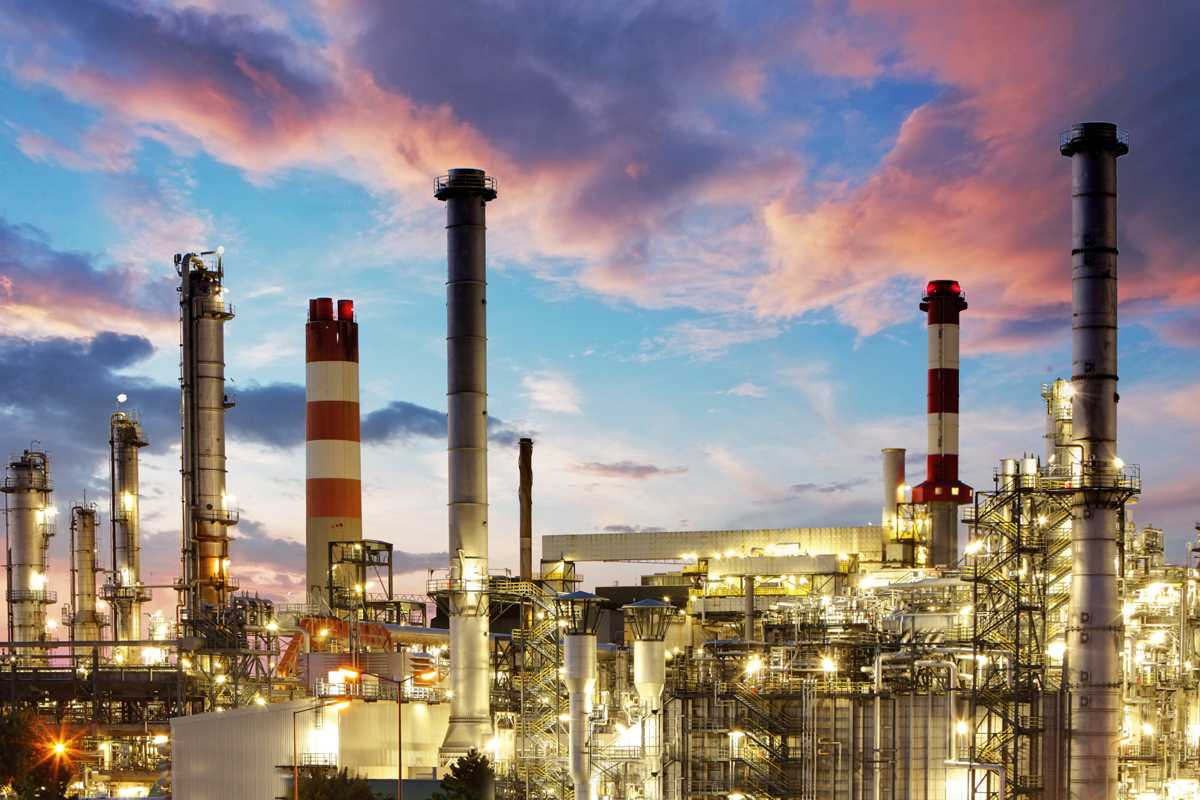Search for Course
Course Objectives
- Corrosion principles and mechanisms
- Types of corrosion that are related to the oil, gas and water
- Materials of Construction for Refinery Applications
- Corrosion Monitoring and inspection Methods
- Aspects of Corrosion inspection and anti-corrosion management and mitigation
Course Outline
Introduction to Corrosion
- General corrosion, Corrosion mechanisms, Types of corrosion, Causes of corrosion failures
- Parameters influencing corrosion in the refining industry
- Different hydro carbon streams, Sulfur, Acidity, (TAN) number, pH Control, Desalting, Distilling, High and Low temp corrosion
Types of Corrosion in the Refinery Industry, Related to Oil, Gas and Water
- Wet H2S cracking, Causes, Hydrogen Induced Cracking and stress-oriented hydrogen induced Cracking (HIC/ SOHIC), Hydrogen Blistering.
- Naphthenic Acid Corrosion
- Carbonate Cracking (CC)
- Chlorine Stress Corrosion Cracking
- Ammonia Stress Corrosion Cracking
- Caustic Cracking
- Amine Plant Corrosion
- Microbiologically Induced Corrosion (MIC)
- Pitting Corrosion
- Erosion Corrosion
- Crevice Corrosion
- Corrosion under Lining
- Bimetallic Corrosion
Materials of Construction for Refinery Applications
- Common Materials in the Refinery Industry
- Carbon Steel
- Low Alloy Steels containing chromium and molybdenum,
- Stainless steels
- Nickel based alloys
- Selecting the proper material for the application
- Corrosion Protection and Monitoring
Coatings and linings
- Inhibitors, Types, Efficiency, Selection, H2S scavenger, Batch and continuous injection treatment
- Corrosion Monitoring Methods
- Off-Line Checks
- Corrosion coupons, probes
- On-line systems, types of on-line corrosion monitoring technologies such as Linear Polarization Resistance, Electrochemical Noise and Electrical Resistance



